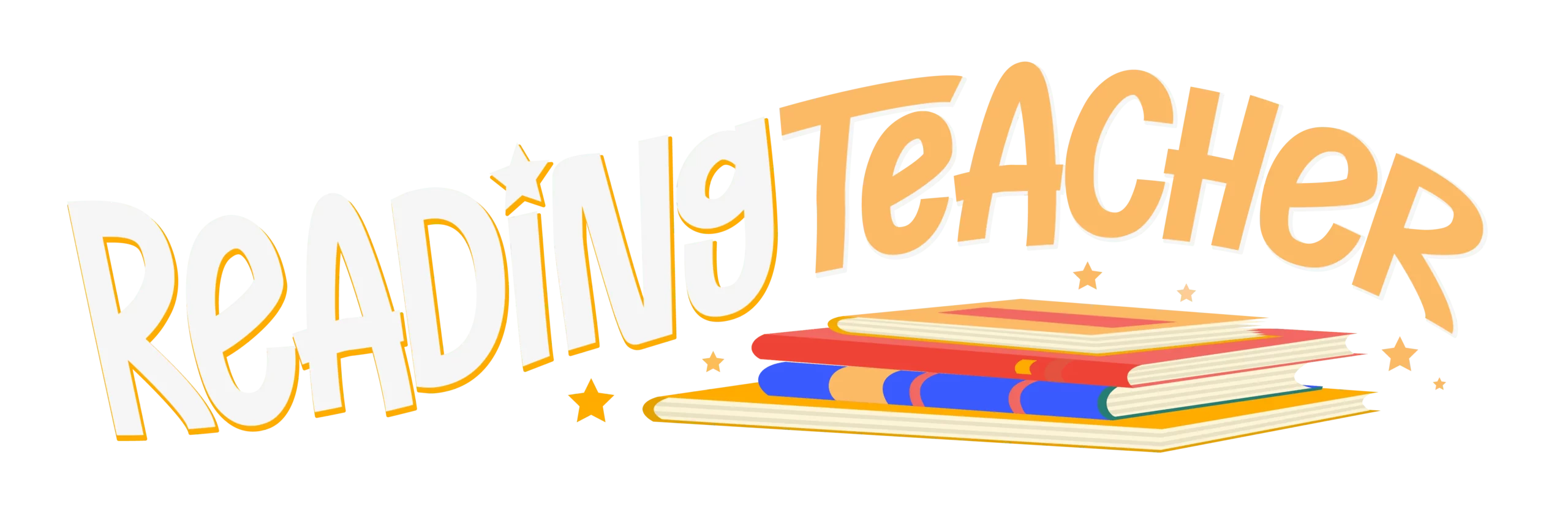Unlocking Language Skills: Understanding Phonological Awareness
Phonological awareness is a fundamental skill that plays a vital role in the development of reading and language abilities. It involves the recognition and manipulation of sounds in spoken language, without the reliance on print. In this article, we will explore the concept of phonological awareness and its significance in early literacy. By understanding the components of phonological awareness and its impact on reading and language skills, parents and educators can provide effective support to foster this essential skill in children.
What is Phonological Awareness?
Phonological awareness refers to the broad understanding of the sound structure of language. It encompasses a range of skills, including the ability to identify and manipulate individual sounds (phonemes), syllables, rhymes, and larger units of language like words and sentences. Phonological awareness is an auditory skill that does not involve reading or writing.
Components of Phonological Awareness:
Phonological awareness consists of several key components:
Rhyme Awareness: The ability to identify and generate words that rhyme, such as cat-hat or run-fun.
Syllable Awareness: Recognizing and manipulating the parts or beats within words, such as clapping the syllables in "apple" or "elephant."
Phonemic Awareness: Understanding and manipulating individual sounds (phonemes) in spoken words. This includes tasks like blending, segmenting, deleting, or substituting phonemes in words.
Importance for Language and Literacy:
Phonological awareness serves as a foundational skill for reading and language development. It plays a crucial role in:
Phonics and Decoding: Phonological awareness helps children understand the relationships between sounds and letters, enabling them to decode and read words.
Spelling and Writing: By recognizing and manipulating sounds in words, children develop the skills necessary for accurate spelling and writing.
Vocabulary and Comprehension: Phonological awareness supports the development of vocabulary by facilitating word recognition and comprehension skills by promoting an understanding of the sound structure of words.
Developing Phonological Awareness:
Parents and educators can support the development of phonological awareness through various activities:
Rhyming Games: Engage children in activities that involve identifying and generating rhyming words.
Syllable Awareness Activities: Encourage children to clap, stomp, or count the syllables in words.
Sound Segmentation and Blending: Practice tasks that involve breaking words into individual sounds or blending sounds to form words.
Word Play and Manipulation: Engage in activities where children manipulate sounds in words by adding, deleting, or substituting phonemes.
Integration with Literacy Instruction:
Phonological awareness should be integrated into early literacy instruction. Explicit instruction in phonological awareness skills can enhance children's phonics abilities, spelling, reading fluency, and overall language development. By incorporating phonological awareness activities into reading and writing lessons, educators can help children make connections between sounds and print.
Conclusion:
Phonological awareness is a vital skill that lays the foundation for successful reading and language acquisition. By understanding the components of phonological awareness and its importance in language and literacy development, parents and educators can provide targeted support to foster this skill in children. Through engaging activities, explicit instruction, and integration into literacy instruction, we can empower children to become proficient readers, confident spellers, and effective communicators. By nurturing phonological awareness, we unlock the potential for lifelong language success and enable children to fully embrace the joys of reading and communication.
